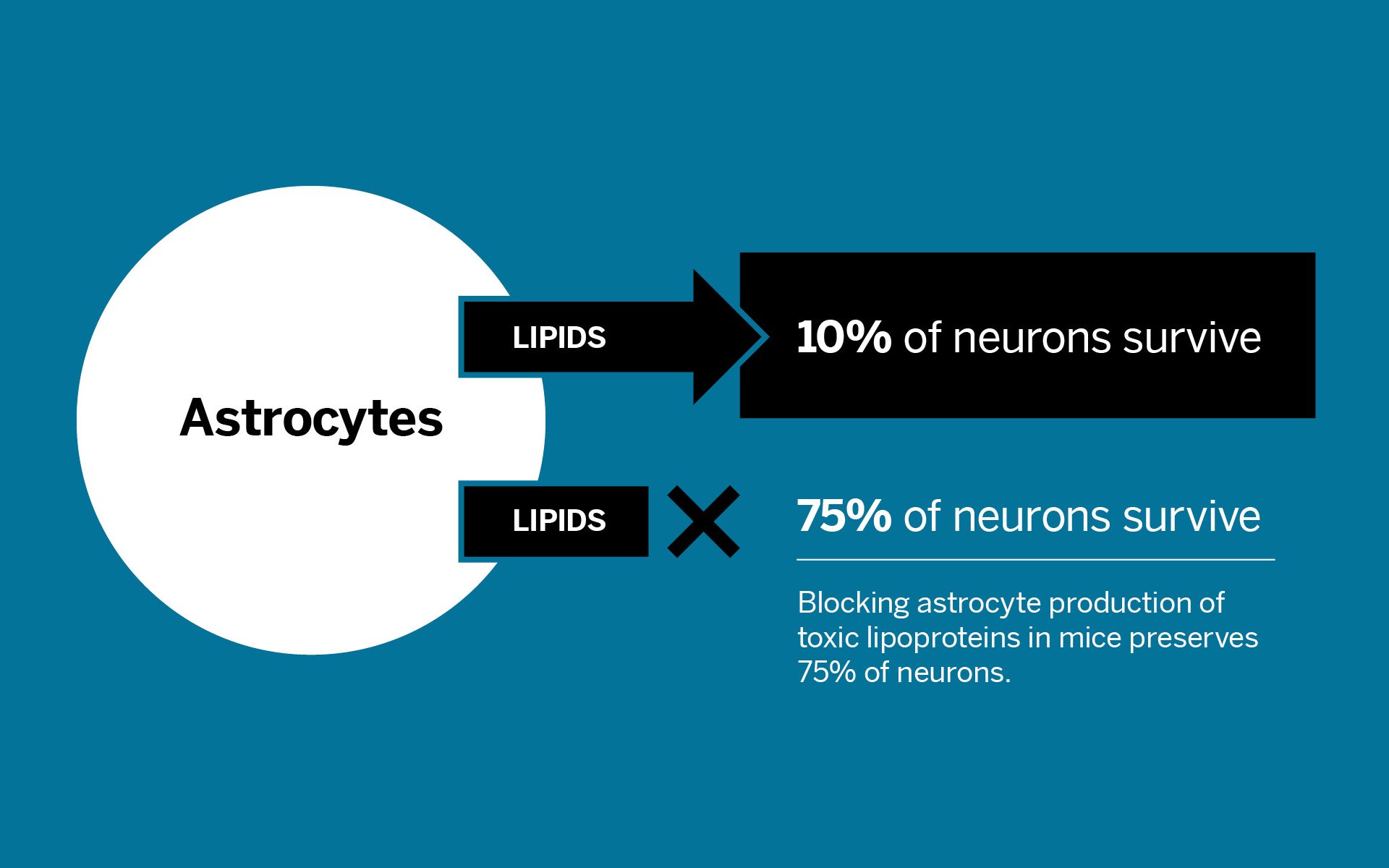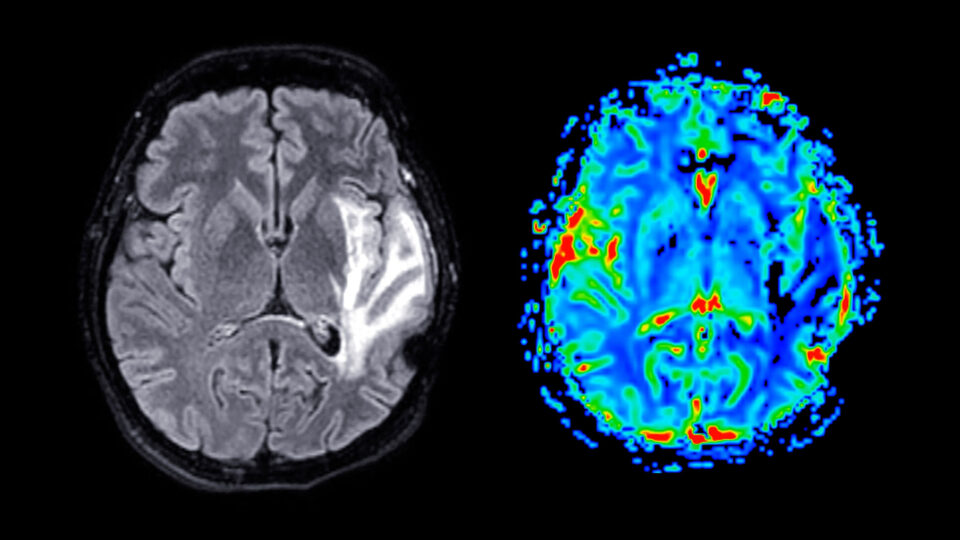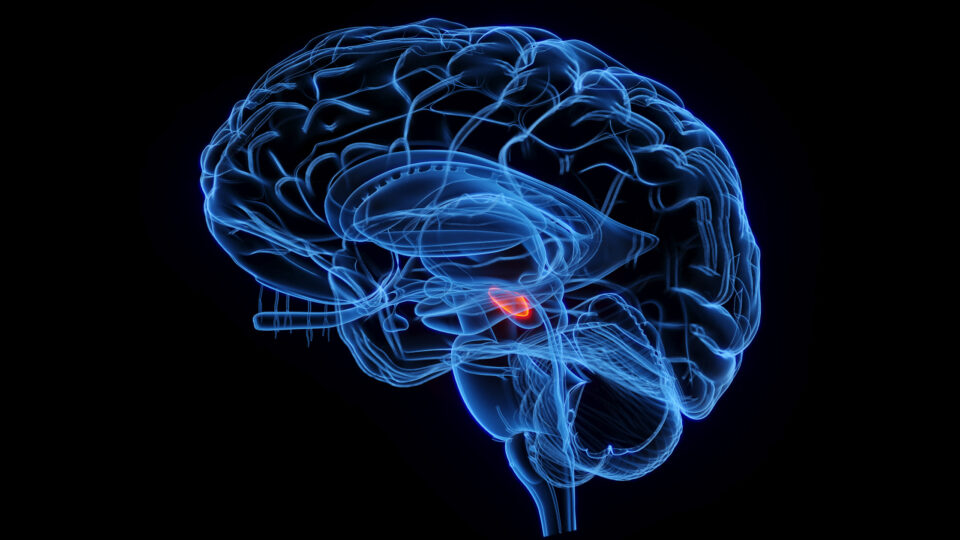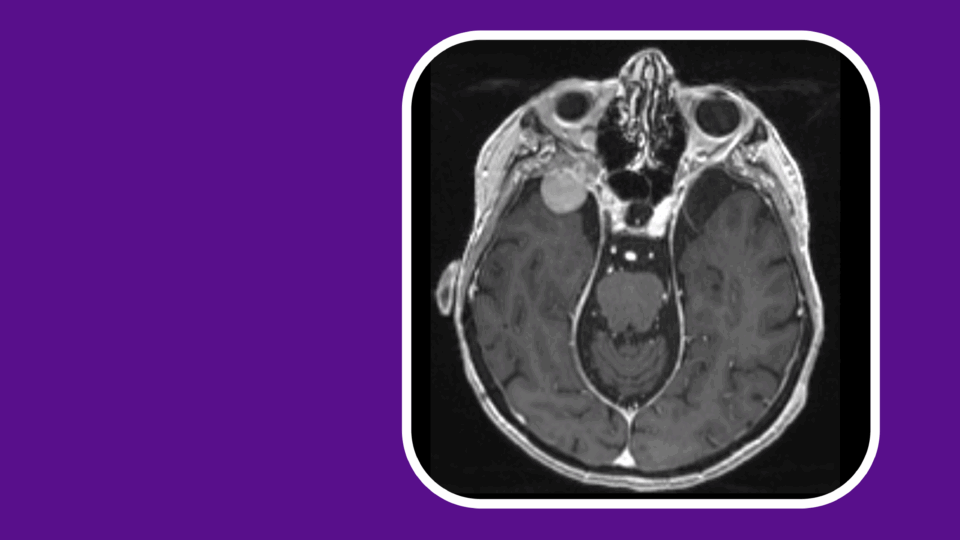A groundbreaking study reveals toxic fatty acids are to blame.
Shane A. Liddelow, PhD, an assistant professor in the Parekh Center for Interdisciplinary Neurology, has long known astrocytes in the brain release a toxin in response to neurodegeneration, but until now, the toxic molecule’s identity has remained a mystery.
Dr. Liddelow and colleagues sifted through thousands of lipids, proteins, and metabolites generated by astrocytes. They found certain fats in high abundance: long-chain saturated fatty acids and phosphatidylcholines.
Results of the experiments, published in Nature, show damaged brain cells in mice are killed by the fats. Healthy cells are resistant.
“Toxic fatty acids produced by astrocytes play a critical role in brain cell death.”
Shane A. Liddelow, PhD
Further, the study found blocking formation of these fats in mice mitigates neurodegeneration, preserving 75 percent of neurons as compared to only 10 percent in mice that still produced the toxins.
“Toxic fatty acids produced by astrocytes play a critical role in brain cell death and provide a promising new target for treating, and perhaps even preventing, many neurodegenerative diseases,” Dr. Liddelow says. The study offers detailed molecular insight into how tissue damage might lead to brain cell death across neurodegenerative diseases, including in Alzheimer’s, Parkinson’s, Huntington’s, and multiple sclerosis, he adds.






